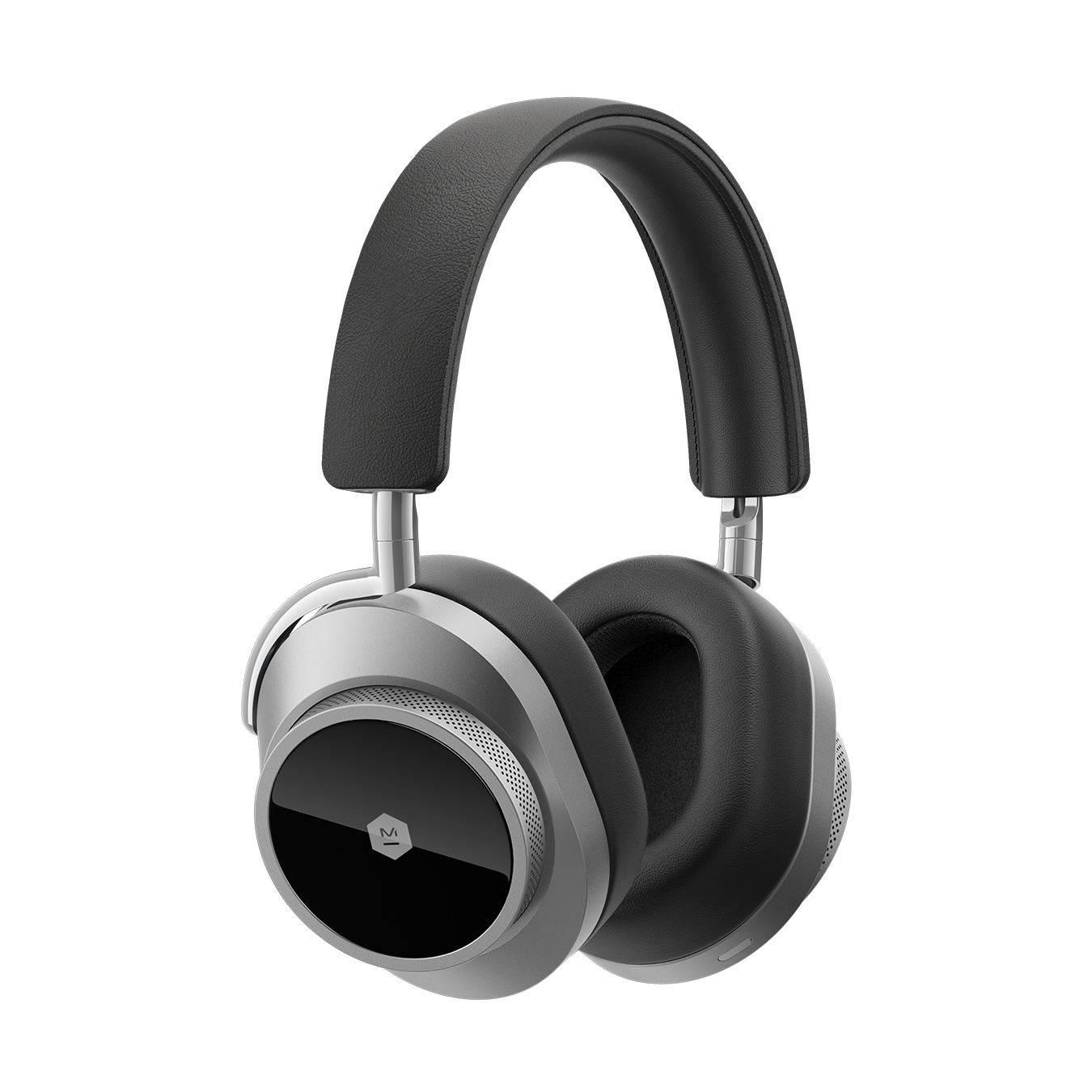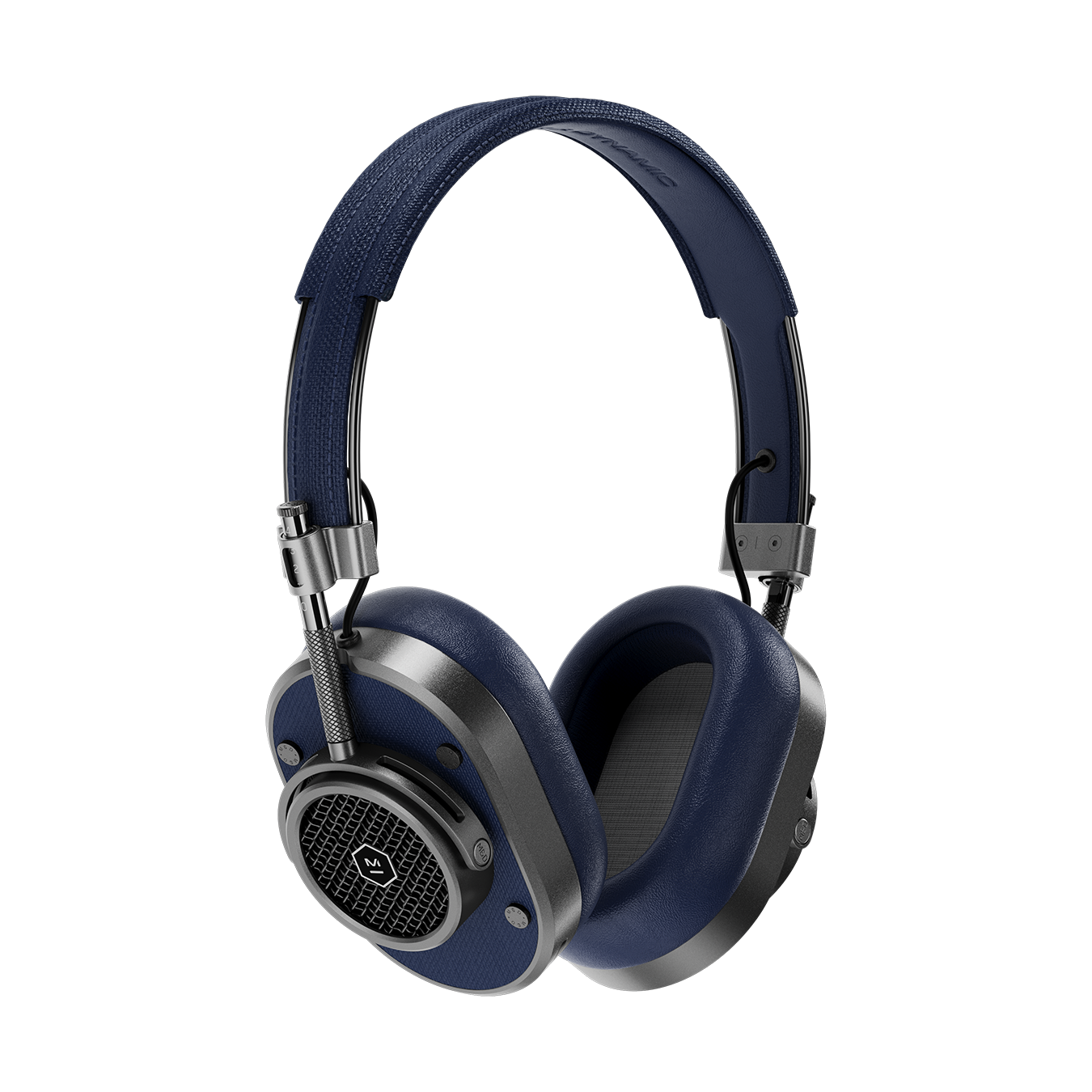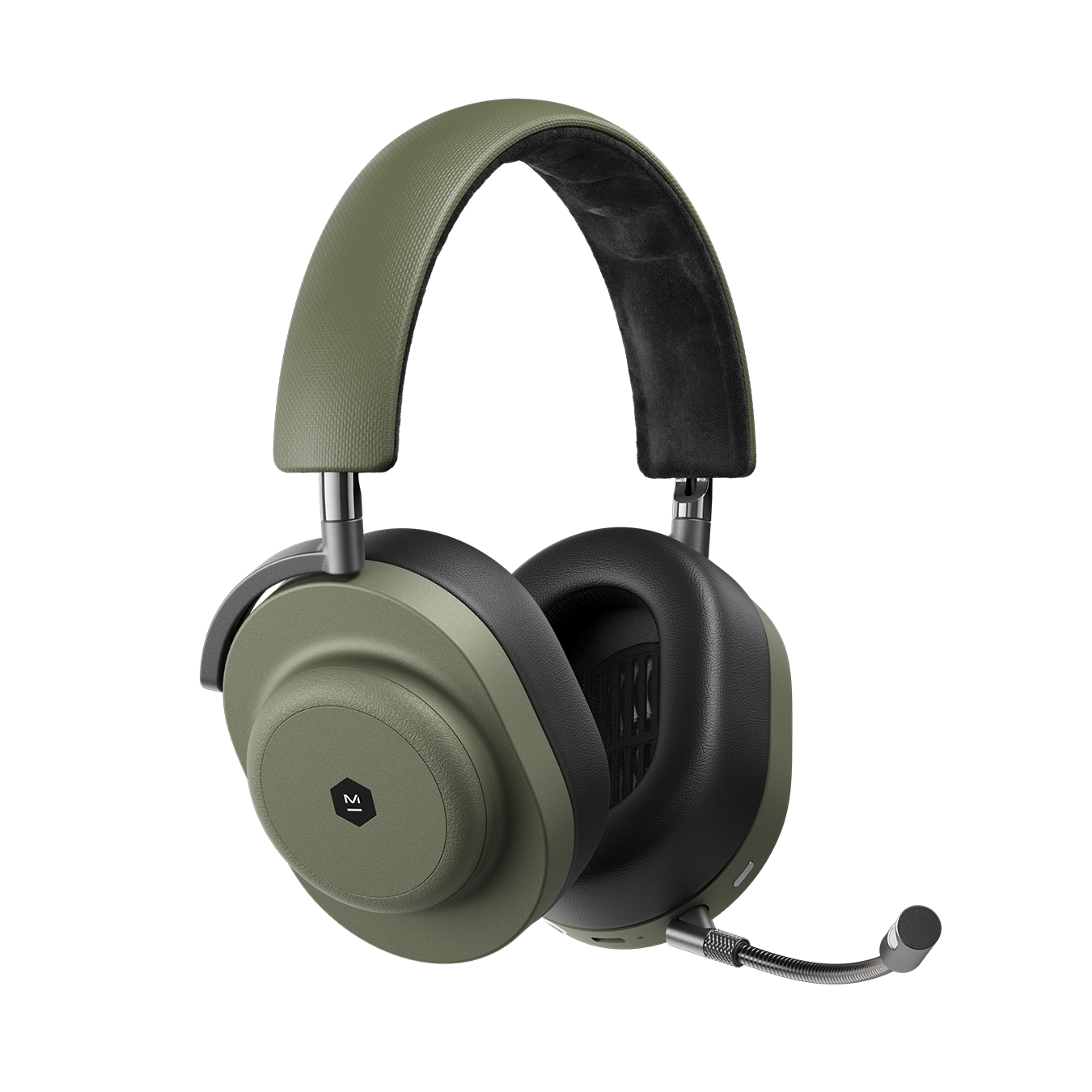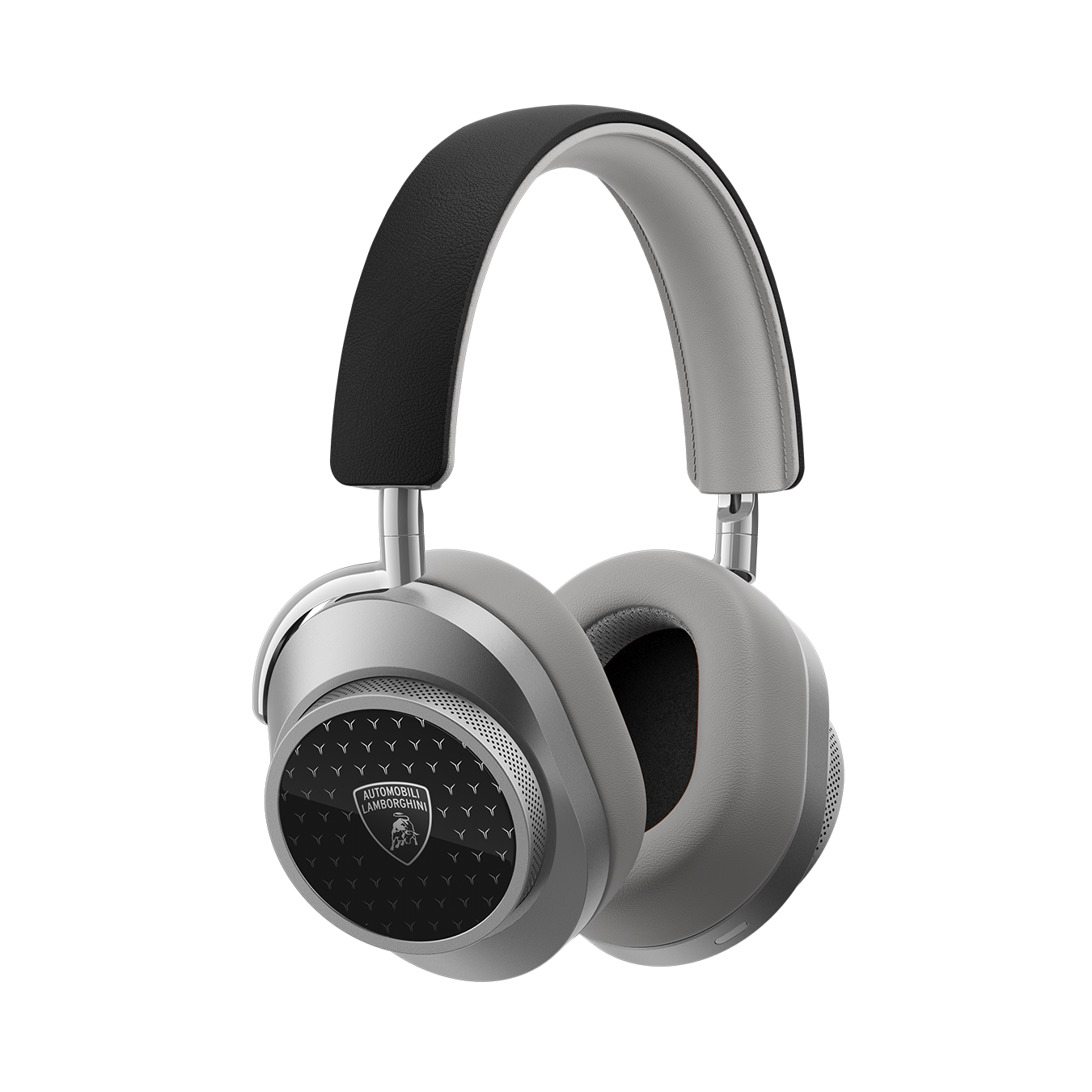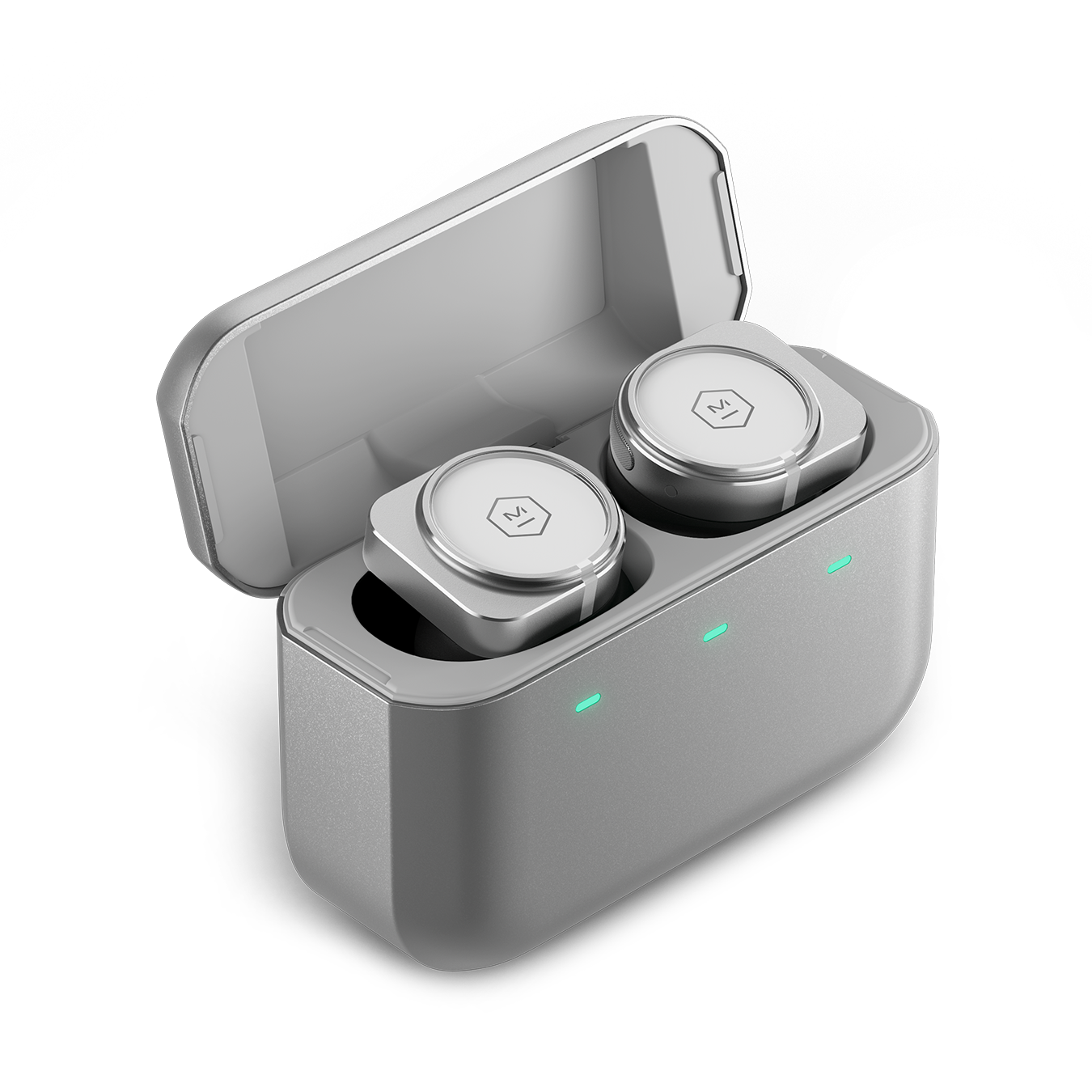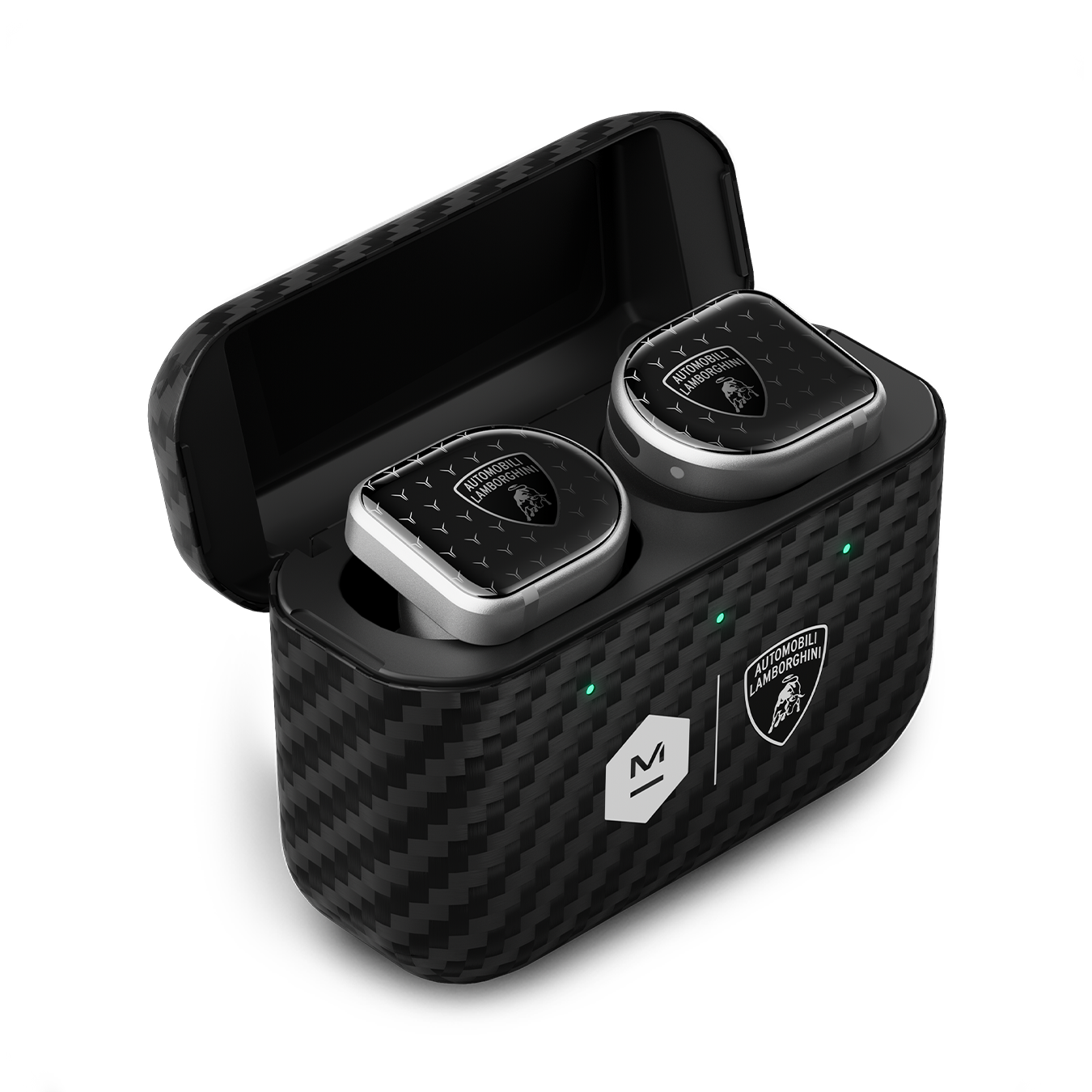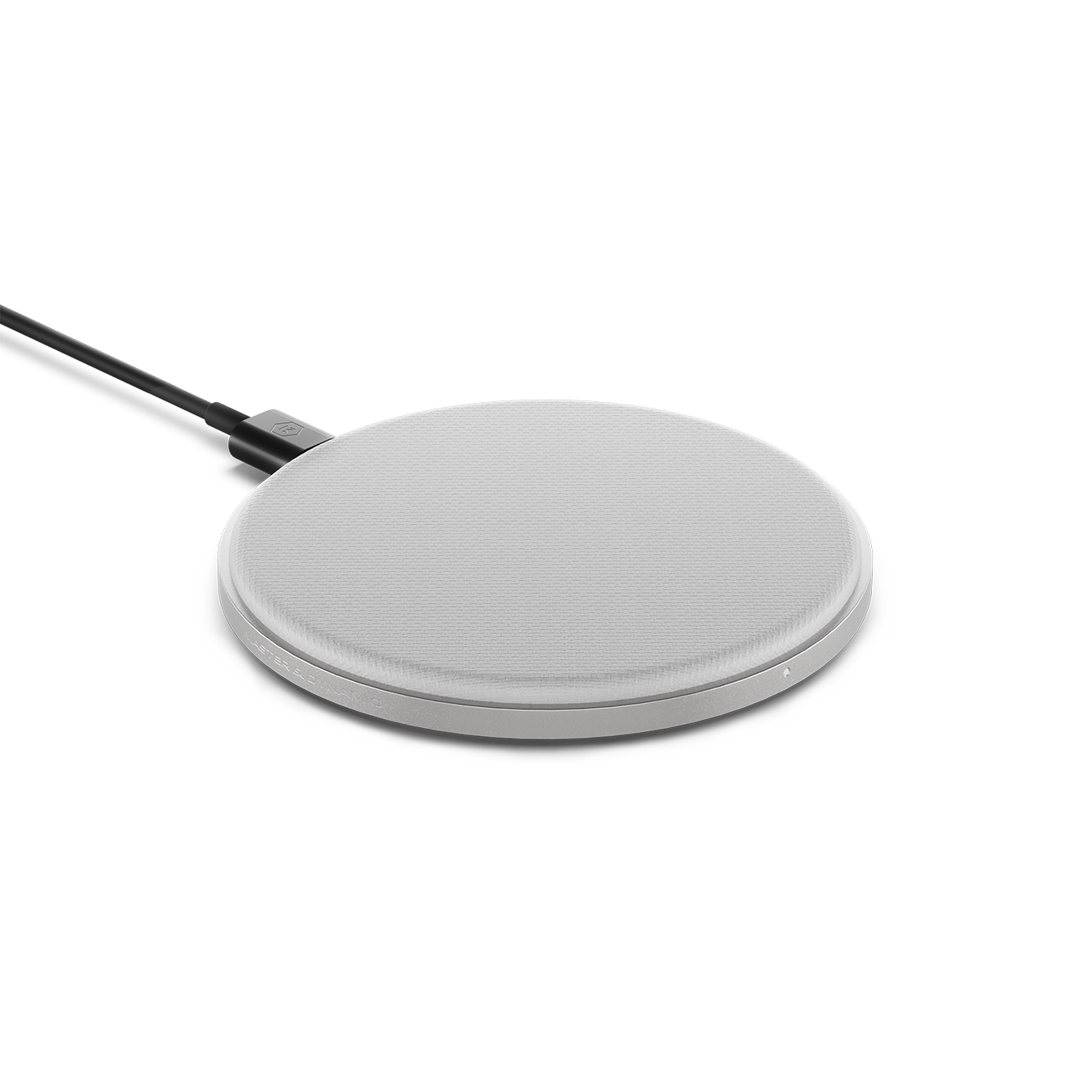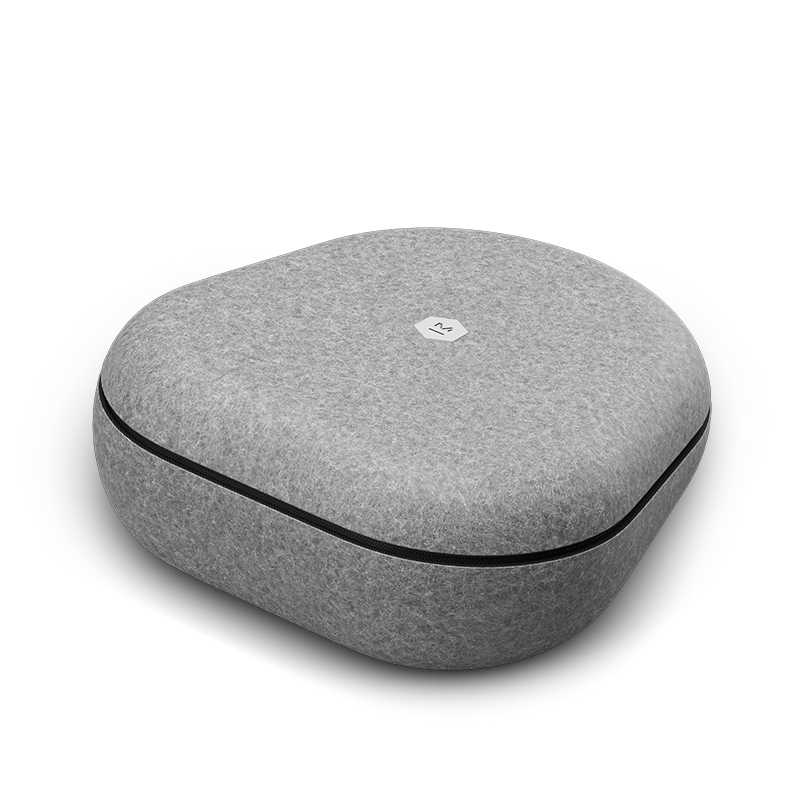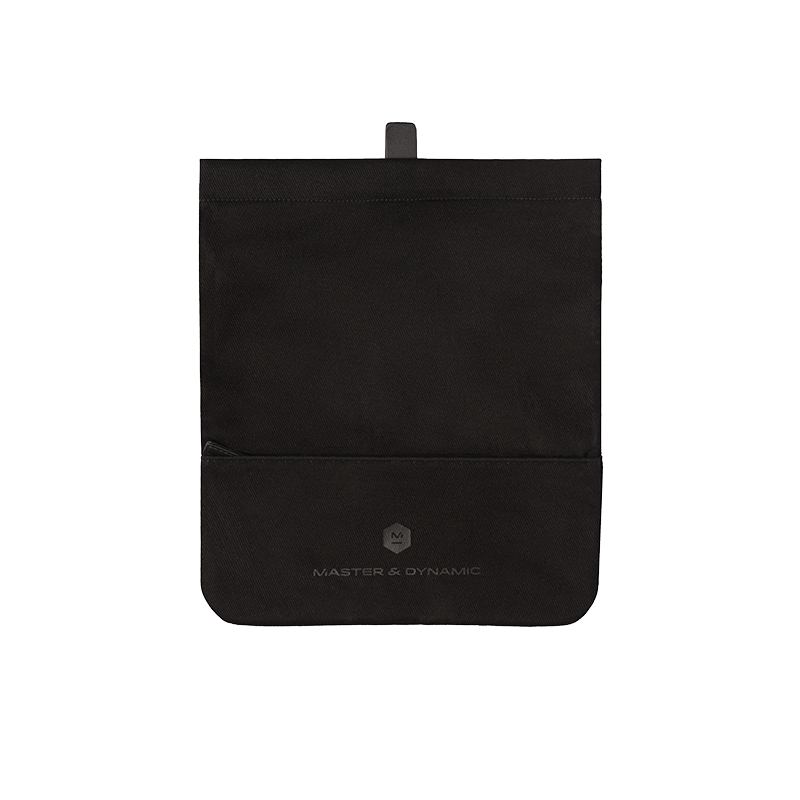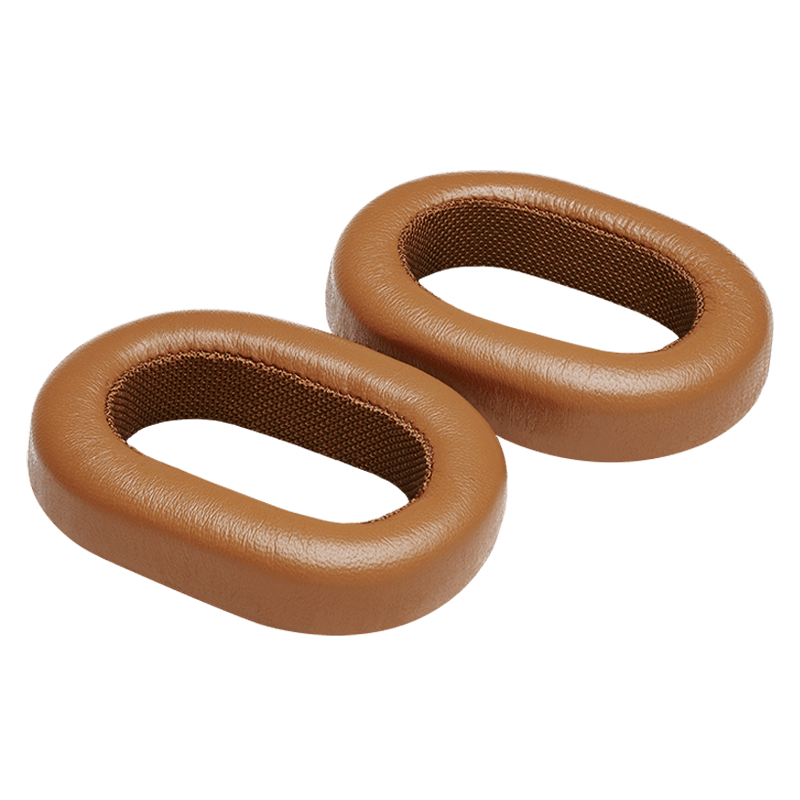Have you found any of your photography work incorporated into the band’s albums or social media account?
Yeah! By the time our second record came around, I had a couple of my images make their way into the album packaging, which was really cool. Now that we’re releasing music independently, I'm very curious in having even more of a hand in curating the album packaging, from colors to fonts and all that. You know, one of the silver linings about this weird COVID moment was it gave me some more free time not being on the road touring. I've been able to focus more on my photography, which has been kind of a blessing in disguise. It was something I never allowed myself to do before but sort of the stars lined up and this gave me the time to do it. So it’s been really exciting to develop my photography over the past year and a half.
What do you find yourself photographing the most with your Leica camera? Do you have a favorite subject?
Yeah, it's been interesting watching my photography evolve. I love self reflection, I tend to think a lot about how my creativity has evolved. I find myself photographing new places just due to the nature of my lifestyle, travelling a lot and visiting amazing new places. My photography started out very photojournalistic in nature. One of my favorite memories is when we were in Europe, touring for about a month and a half, quite a few years ago. Whenever we pulled into a new town, my favorite thing to do was to grab my camera and go walk around the city by myself and find new and interesting subjects, be it taking photos of the graffiti or the people walking around town. My photography definitely started out being journalistic in nature, kind of like a documentarian if you will. The band was photographed by Steven Klein, one of my favorite photographers. Seeing him take control of the shoot, plan and figure out exactly what he wanted to shoot was exciting. The character you put in front of the camera is really appealing to me, which is something I’m hoping to dive more into as time goes on, more fashion editorial. During COVID, I’ve been pretty isolated living on about 300 acres of farmland in East Tennessee, so I’m surrounded by nature far away from civilization. My siblings and I raise bison and grow hemp out here, so I’ve found myself photographing a lot of my surroundings. Even though it’s not necessarily something I’m interested in shooting, my mentality remains the same. Right now for instance, I’m looking out on our land and thinking I can go out there and maybe find something new like wildflowers growing that weren’t there before. I’m continually trying to work on myself and my creative perspective.
Can you tell us about your stylistic transition from country to pop, to ultimately producing your own music independently?
Our band's journey has been very, very interesting. Not a lot of people know this, but the three of us actually started out as a southern rock band, when we were really little growing up down in Alabama. I was on drums, Reed has always played bass, and Kimberly was playing electric guitar. We started there and recorded an independent project that was ultimately never released. And the last day we were recording, Kimberly went into the back room and wrote “If I Die Young”. It was just so different, and felt so special and unique. It had something different that our other songs did not have. We ended up playing the song for a bunch of friends and they were like, “this is a country record. Throw everything else that you did away and write a country record around this song.” Which we did, and we were blessed to have it be a success. In our country records you could see us evolve as we got older and started to allow more influences into our lives. Then we wanted to try some new things and started working with Rick Rubin out in Malibu. We call him the “Yoda of music”, he’s just a genius. He knows how to help artists continually grow and make sure they’re satisfied creatively. He encouraged us to work on things we really wanted to work on, so we stayed out in LA for a while. It opened us up musically to a whole new way of making music and visually as well. I made so many new friends, photographers, graphic designers, fashion designers even. It was amazing letting all these new influences into our lives. We’re making our third country record right now, and it’s been exciting to take all the different pieces of The Band Perry eras and tie them all together into where we are now. It’s been a fun, exciting and interesting journey in The Band Perry.
How does music influence your love of photography? Do you listen to anything in particular when you shoot on your Leica?
Sometimes I listen to music when I'm shooting, sometimes I don't. If it is more of like a curated shoot, I will definitely listen to music because I tend to really overthink things on those kinds of shoots. Music provides a nice distraction. My Spotify has everything-- country, hip-hop, classical. There’s some Celine Deon somewhere too. So, I have tons of stuff on my playlist. But when I'm just walking around shooting, I just tend to just keep my eyes open and head on a swivel. But, I would say definitely my music has inspired the photography style that I'm into. I grew up down in Alabama, deep down south in Mobile. I remember growing up, I'd read tons of Southern Gothic literature like Flannery O'Connor or William Faulkner. They were some of my favorite authors growing up. And when we started writing lyrics, because we were reading so much of those books, just kind of the language and the grittiness of that found its way into my lyrics. Then, as I started getting deeper into photography, I noticed I gravitated toward a more gritty, intense and textured style of photography. Kind of like the feeling you get when you watch a Tarentino movie, I like to think that my photography has a little bit of that “in your face” kind of feeling. Both my lyric writing and my photography tie back into what I grew up with and what I’m interested in.
You are one third of The Band Perry, which hit instant success in 2010 with “If I Die Young.” Tell us what the most rewarding part about working with your siblings is.
The most rewarding part of working with my siblings, I would say, just because it's been what we've been doing the longest together, is being on stage. And it could be any kind of stage. We finally played our first show after a year and a half, about a week ago in Temecula, California. It was just so special being back up there. I think people who've done music for a long time found themselves tired, just by being on the road all the time. I think we and a lot of people found a new appreciation over COVID for the old things in our lives. Being back up on stage and doing what we do with my siblings, I'd say that's probably the most rewarding thing. There's just this energy when you get up there where you’re feeding off the crowd and each other. If I forget a chord or something, I know they’ve got my back and I have theirs. The connection we share on stage is the most fulfilling thing. Off the stage, the farm is amazing. I raise bison with my brother and we had two calves about two months ago. It’s been special to raise a herd together. We love working together, we’re siblings but also friends. Siblings getting along is a great thing, it’s really special.
